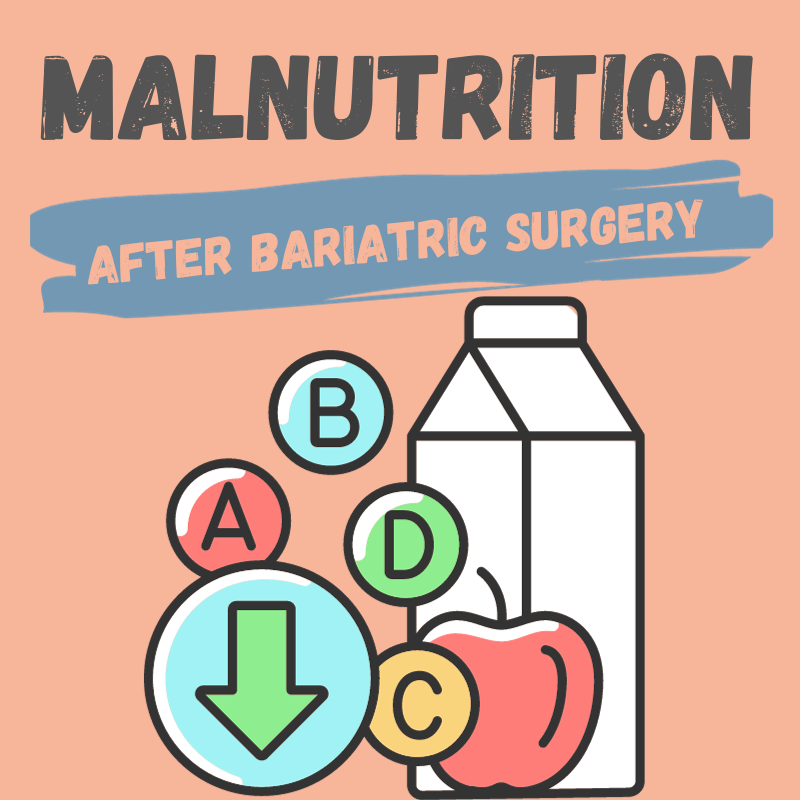Your cart is empty
How Much Does Bariatric Surgery Cost in 2023?

Bariatric surgery is a life-changing procedure that has helped countless individuals regain control of their health and wellness. However, one of the most common questions prospective patients have is, "How much does bariatric surgery cost?" This article aims to provide a comprehensive overview of the costs associated with different types of bariatric surgery and the factors that influence these costs.
Understanding the Costs of Bariatric Surgery in 2023
The cost of bariatric surgery can vary significantly depending on several factors, including the type of procedure, the geographical location, the surgeon's expertise, and whether or not the patient's insurance covers the procedure. On average, the cost of bariatric surgery can range from $15,000 to $30,000.
The Cost of Different Types of Bariatric Surgery
The cost of bariatric surgery can vary depending on the type of procedure. Gastric bypass surgery, one of the most common types of bariatric surgery, can cost between $20,000 and $30,000. Gastric sleeve surgery, another popular option, typically costs between $15,000 and $25,000. Less invasive procedures, such as the lap band (gastric banding surgery), can cost between $15,000 and $20,000. More complex procedures, like the duodenal switch, can cost between $25,000 and $35,000.
| Type of Bariatric Surgery | Average Cost |
|---|---|
| Gastric Sleeve | $15,000 - $25,000 |
| Gastric Bypass | $20,000 - $30,000 |
| Lap Band | $15,000 - $20,000 |
| Duodenal Switch | $25,000 - $35,000 |
Insurance and Bariatric Surgery
Insurance coverage for bariatric surgery varies widely. Some insurance companies cover the full cost of the procedure, while others may only cover a portion, and some may not cover it at all. It's crucial to thoroughly understand your insurance policy and what it covers. If your insurance does not cover bariatric surgery, there are other financing options available, such as medical loans or payment plans offered by some medical facilities.
The Cost of Bariatric Surgery Without Insurance
For those without insurance coverage, the cost of bariatric surgery can be a significant financial burden. However, many hospitals and clinics offer financing options and payment plans to help make the procedure more affordable. Some patients may also choose to have their surgery performed in countries where medical costs are lower, a practice known as medical tourism. However, it's essential to thoroughly research and consider the potential risks and challenges associated with this option.
Medical Tourism and Bariatric Surgery

Medical tourism refers to the practice of traveling to another country to seek medical treatment. This has become an increasingly popular option for many individuals considering bariatric surgery, primarily due to the potential cost savings. Countries such as Mexico, India, and Thailand are often popular destinations due to their lower healthcare costs compared to the United States.
However, while the cost savings can be significant, it's important to consider the potential risks and challenges associated with medical tourism. These can include communication barriers, varying standards of care, and potential difficulties in arranging follow-up care once you return home. Additionally, the cost of travel and accommodation must also be factored into the overall cost.
If you're considering medical tourism for bariatric surgery, it's essential to do thorough research. Ensure the healthcare facility is accredited, the medical professionals are experienced in bariatric surgery, and you have a clear understanding of what your treatment plan will involve. It's also advisable to discuss this option with your local healthcare provider to understand any potential risks and complications.
Additional Costs to Consider
The cost of bariatric surgery is not limited to the procedure itself. There are additional costs that patients should consider, including pre-operative tests, post-operative care, dietary supplements, and potential costs for plastic surgery to remove excess skin after significant weight loss.
| Cost Factor | Average Cost |
|---|---|
| Pre-operative tests | $500 - $2,000 |
| Post-operative care | $500 - $1,000 per year |
| Dietary supplements | $20 - $100 per month |
| Plastic surgery for excess skin removal | $4,000 - $15,000 |
The Long-Term Financial Impact of Bariatric Surgery
While the upfront cost of bariatric surgery can be high, it's important to consider the long-term financial impact. Many patients find that their overall healthcare costs decrease after surgery due to improved health and reduced need for ongoing medical care for obesity-related conditions. Additionally, many patients experience improved quality of life and increased productivity, which can have positive financial implications.
Conclusion
The cost of bariatric surgery is a significant investment in your health and well-being. While the upfront costs may seem high, the long-term benefits, such as improved health, increased lifespan, and improved quality of life, often outweigh the initial financial investment. Always consult with healthcare professionals and insurance providers to understand the full scope of costs associated with bariatric surgery.
How much does gastric bypass surgery cost?
How much does gastric sleeve surgery cost?
How much does gastric banding surgery cost?
What types of bariatric surgeries do PPO insurance providers cover?
Is bariatric surgery covered by insurance?
Author: Allison Allison, a certified nutritionist and research author, brings over 15 years of experience in the health and weight loss industry. Allison's influence extends through her authorship of multiple health and wellness journals, where she shares her expertise and research on medical weight loss and bariatric medicine. |
Reviewed By: Dr. K. Huffman Dr. Kevin D. Huffman, D.O., is a board-certified bariatric physician renowned for his expertise in treating obesity. With over 10,000 patients and a reputation as a national leader in bariatric medicine, he has trained hundreds of healthcare providers. As the founder of American Bariatric Consultants, Dr. Huffman develops protocols and training materials sought after by medical societies, pharmaceutical companies, patients, and hospitals. |
Bariatric Guides & Information
More Info
Customer Favorites
- Choosing a selection results in a full page refresh.





























